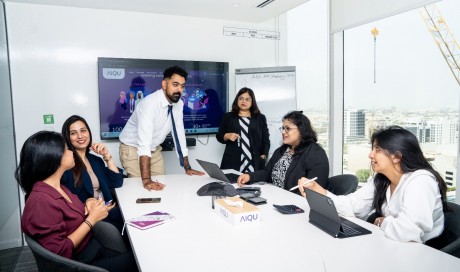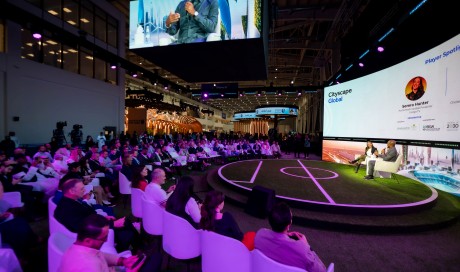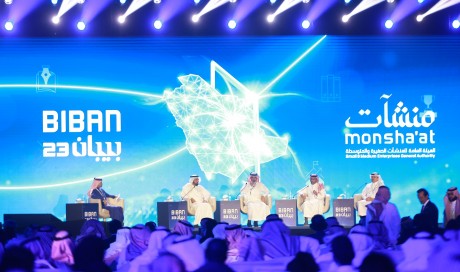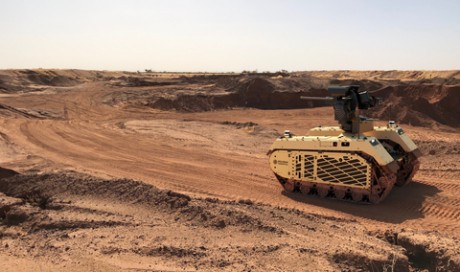Claiming to take big steps toward moderation is especially difficult for the rulers of Saudi Arabia. Crown Prince Mohammed claims the kingdom has only espoused a strict interpretation of Islam since Iran began doing so in 1979. But the truth is that proponents of ultra-traditionalist theology have been allied with the royal family for over 200 years.
Underpinning that alliance is one goal: the survival of a regime in which the al Saud family and clerics close to them are all-powerful. As long as that remains the crown prince’s ultimate priority ― and he authorizes those working for him to punish even the slightest questioning of the system ― any moves away from state-sponsored orthodoxy won’t make his society more stable.
Abroad, too, it’s unclear that the crown prince’s vows of change will help to reduce militancy.
Muslim communities from Indonesia to Kosovo have claimed that Saudi influence is responsible for fundamentalism that never existed previously. Saudi proselytizing did become intense after Iran started challenging its regional dominance, and Crown Prince Mohammed has admitted as much. But Saudi government influence over preachers, books and centers abroad receiving Saudi funding actually started declining before 9/11 and the rise of the Islamic State.
And it’s unclear that reining in the Saudi government’s religious intervention abroad or Saudi individuals’ influence in other countries will magically reshape Islam. Violence and alienation drove people in places like Tunisia and Pakistan to terror groups long before Saudi petrodollars started flowing into their societies; they will continue to do so long after.
None of that is to say the crown prince and his ilk should start advising Muslims to become less tolerant. “To the extent that anybody buys into [Western-backed governments’ ‘moderate’ narrative], that’s good. We’d rather have the government putting out messages around toleration and moderation,” Sheline said of the view among U.S. officials.
But the cracks within Saudi Arabia, a country of 20 million people and the center of the global trade in energy and weapons, are not going away. Clamping down on intellectuals, stoking nationalism against Iran and calling activists “traitors” won’t heal them. Nor will the flows of foreign capital that Crown Prince Mohammed has identified as his top target.
Real change will require rethinking Saudi “practice” altogether — not just the religious kind.
Share This Post














